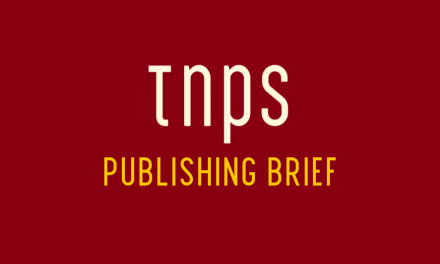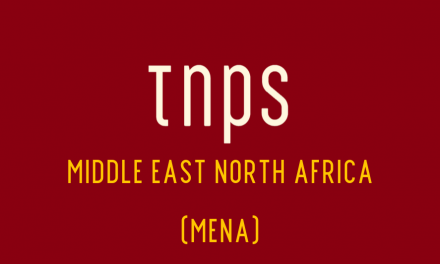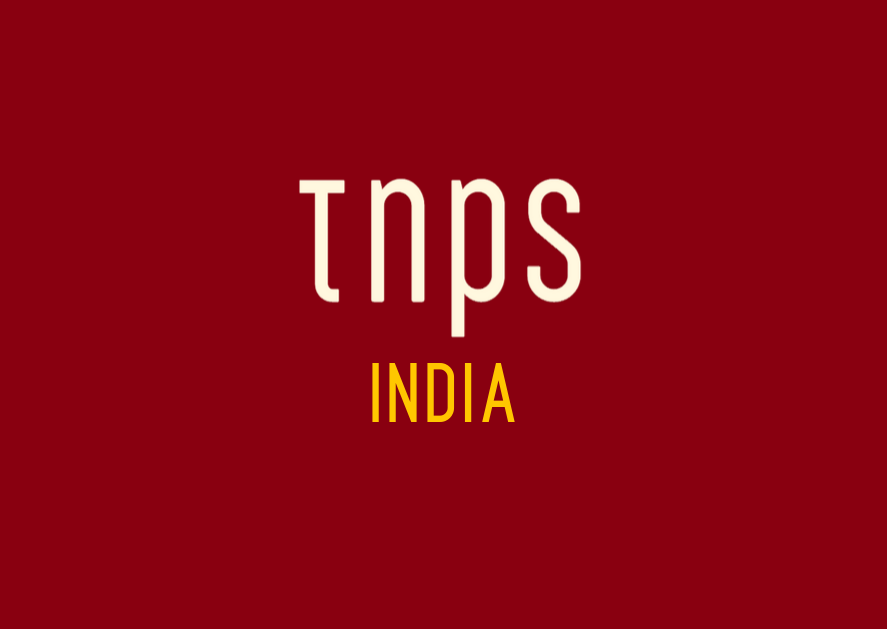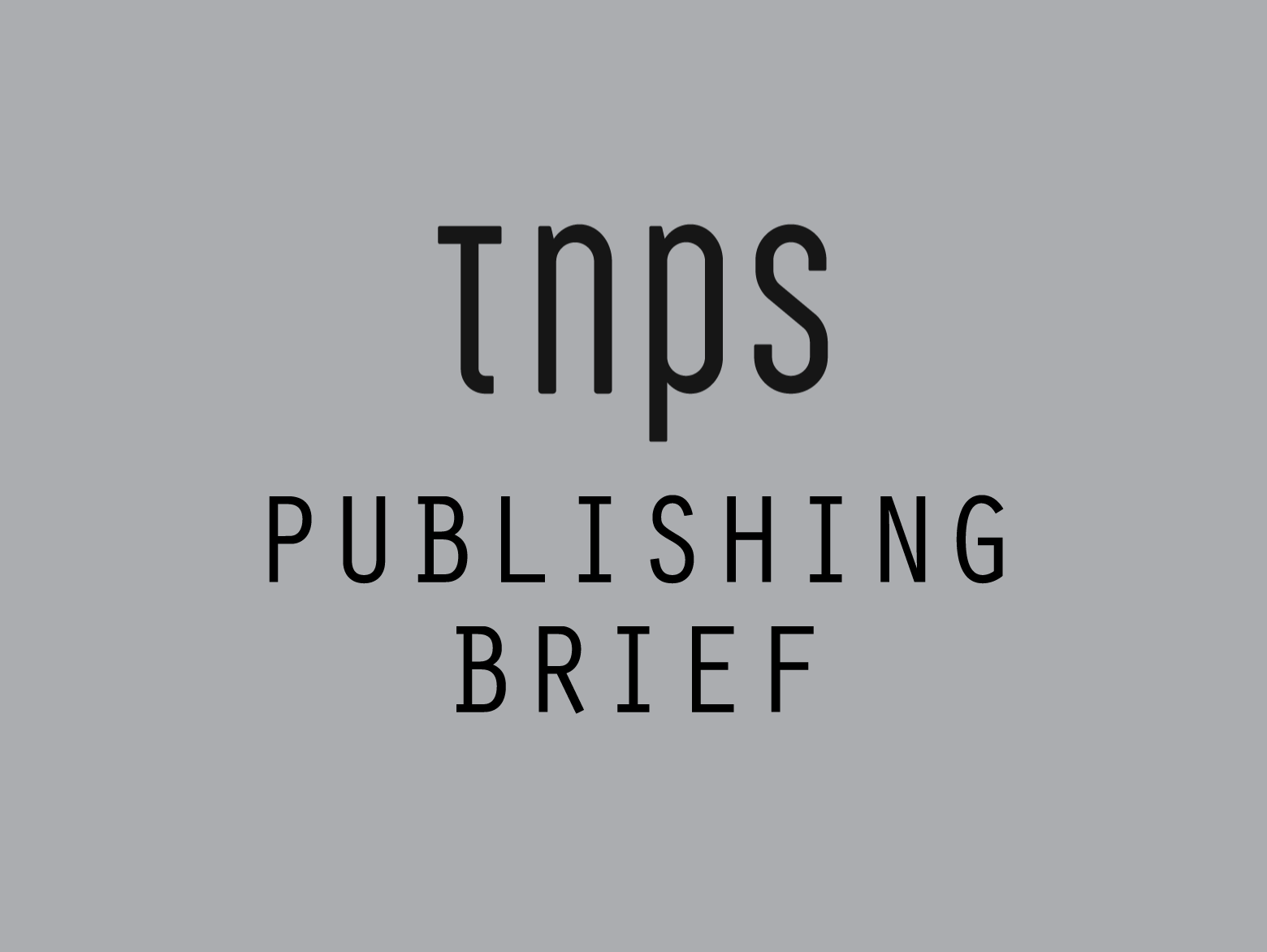Shhhh! Don’t say the e-word! The e-word is the PA’s very own Voldemort, its very own Macbeth, the villain we dare not speak of.
It was a good year for UK publishing, according to the Publishers Association (as with British stamps and money, we Brits are either embarrassed or arrogant enough to not identify the country), but behind the headlines all is not as rosy as at first seems.
The Publishers Association called 2022 “another extraordinary year“, asserting the report has figures for “the whole industry”, which of course is patently inaccurate. The UK’s PA has no more access to Amazon’s APub UK sales numbers than you or I, and the PA has no mechanism in place to track sales of self-published titles.
Per the PA report, total sales for the UK’s publishing industry (excluding the exceptions noted above) hit £6.9 billion ($8.67 billion) – up 4% from 2021. 669 million physical books were also sold last year. “This is the highest overall level ever recorded.”
But, before we all plunge into new marketing strategies to connect with these Brit booklovers, actual UK domestic market sales were down 1% to only £2.7 billion, while exports had soared 8%, primarily to Australia, the USA and Germany,
The PA writes:
“2022 was another challenging year for consumer publishing within the UK home market as the market stabilised post pandemic and the cost-of-living crisis started to bite, with sales in the home market down. However, despite these challenges at home, exports of consumer books were buoyant and increased by an impressive 13% on 2021.”
So did markets elsewhere not stabilise post pandemic? Has the cost-of-living crisis not started to bite in these markets? I’m afraid this selective justification for poor UK sales at home does not on its own stand up to scrutiny.
But let’s look at further selective reporting of the UK market figures as compiled by the PA.

So UK trade publishing came in at £2.3 billion, but domestic was down 4% while exports soared 13%. Non-fiction trade outsold fiction. Audio brought in £164 million, children’s books £429 million.
Print was king, of course, with £1.8 billion, but domestic print was down 4%, while print exports soared 15%.
Digital was up 2%, but here’s where it gets murky. Audio downloads were worth £164 million in 2022, but total digital was worth £423, leaving £259 million unaccounted for.
Might that be ebooks?
Shhhh! Don’t say the e-word! The e-word is the PA’s very own Voldemort, its very own Macbeth, the villain we dare not speak of.
But don’t take my word for it. Check out the full PA report on UK publishing in 2022 and count up how many times ebooks are mentioned.
The PA delights in telling us the print and audiobook revenues, and even shares with us the print unit sales (669 million since you ask). But ebooks – do they even exist in the PA’s mind?
It’s not like the format is delivering so poorly that they don’t warrant a mention. Audio made up only 39% of digital revenue, meaning the unmentionable ebooks accounted for 61%.
Unit sales? We can safely say the PA has those numbers for mainstream publishers contributing their figures, and we can equally say the less-knowable APub and self-pub ebook numbers will add significantly to the total.
What we can also safely say is that the complete omission of the very word ebook from an official report purporting to have “figures available for the whole industry across sectors, formats and markets” is a travesty.
#UKpublishing #UKbookmarket #ebooks #theeword #UKPublishersAssociation #Hiddenagendas





